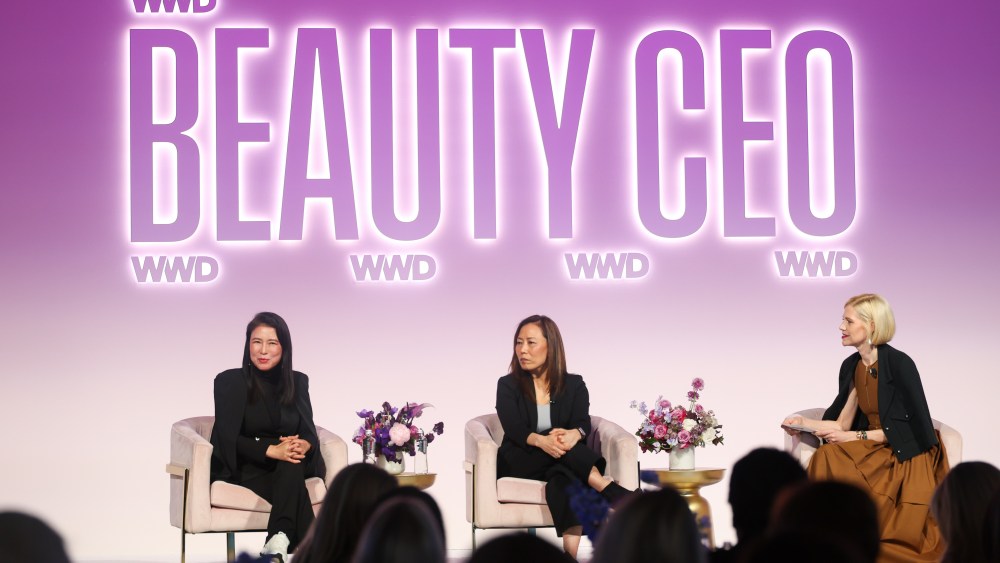As technology evolves, the beauty industry is increasingly embracing innovative solutions like artificial intelligence (AI) and augmented reality (AR) to enhance customer experiences. In a recent discussion led by Perfect Corp., key figures in the industry, including Amanda Smith from Fairchild Media Group, Alice Chang of Perfect Corp., and Lynda Pak from Estée Lauder Cos., explored the impactful collaboration between their companies. This partnership aims to empower consumers to express their beauty in a more personalized and meaningful way. The conversation showcased how emerging tech is positioning brands to not just sell products but to offer deeply engaging experiences.
Since the inception of Perfect Corp. a decade ago, Chang has noticed a remarkable shift in the way AI and AR are incorporated into beauty. Initially, the technology was met with skepticism; many brands were unsure of its potential. However, Chang recognized early on that these technological advancements could transform the beauty shopping experience, enabling users to experiment with products in ways that were previously unattainable. For instance, a decade ago, trying out different makeup shades virtually might have seemed a far-off dream, but now, it has become a reality thanks to advancements in technology.
Perfect Corp. initially launched as a consumer app and quickly became a beloved resource for beauty enthusiasts. Over the last ten years, the platform has expanded significantly, offering features such as virtual makeup trials, comprehensive skin analyses, personalized recommendations, and even hair diagnostics. By mapping users’ unique skin care needs and allowing virtual try-ons, the collaboration with Estée Lauder has integrated these technologies into a seamless consumer journey. This blend of advanced tech with strategic branding empowers both companies to deliver a heightened level of personalization.
Lynda Pak articulated that Estée Lauder has been a pioneer in this space, actively leveraging AR technology to create immersive experiences. Their innovations began surfacing around 2018, but the need for virtual interactions surged when the COVID-19 pandemic hit. This necessity allowed consumers to engage with skin care products without any physical contact, ensuring safety while still providing innovative solutions. According to Pak, her company’s strategy revolves around partnership with technology providers like Perfect Corp. to deliver cohesive and engaging digital experiences that span across various beauty categories, ensuring that brands retain their unique voice while maintaining a unified customer experience.
An exciting development for Perfect Corp. has been the introduction of their AI skin analysis tool, which marks a significant milestone in their journey. This tool not only analyzes skin conditions but also offers tailored recommendations, demonstrating the dynamic nature of their services as they extend into med-spas and aesthetic clinics. By using this technology, customers can see transformative results through before-and-after comparisons—driving home the effectiveness of the product recommendations they receive. As Chang summarized, beauty transcends makeup and skincare; it encompasses a person’s entire aesthetic, including hair and accessories, reinforcing the notion that beauty is multifaceted.
Despite the growing criticisms surrounding AI, Chang emphasizes its potential as a transformative tool rather than a replacement for human interaction. “How you use it is key,” she stated, implying that it is up to the industry to harness AI for positive change. Their mission is to utilize “beautiful AI” to enhance human lives, focusing on improving beauty experiences through science-backed analysis and tailored recommendations. This vision positions technology not just as a novel add-on but as an integral part of how beauty brands can connect with their consumers in an increasingly digital world, ultimately enriching their lives.

